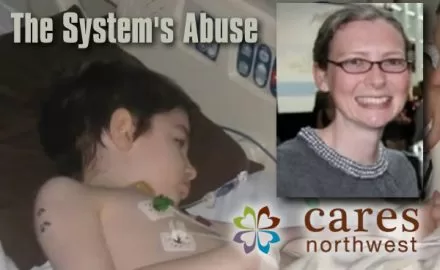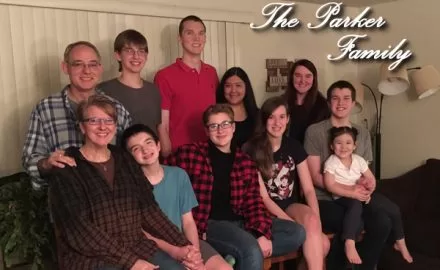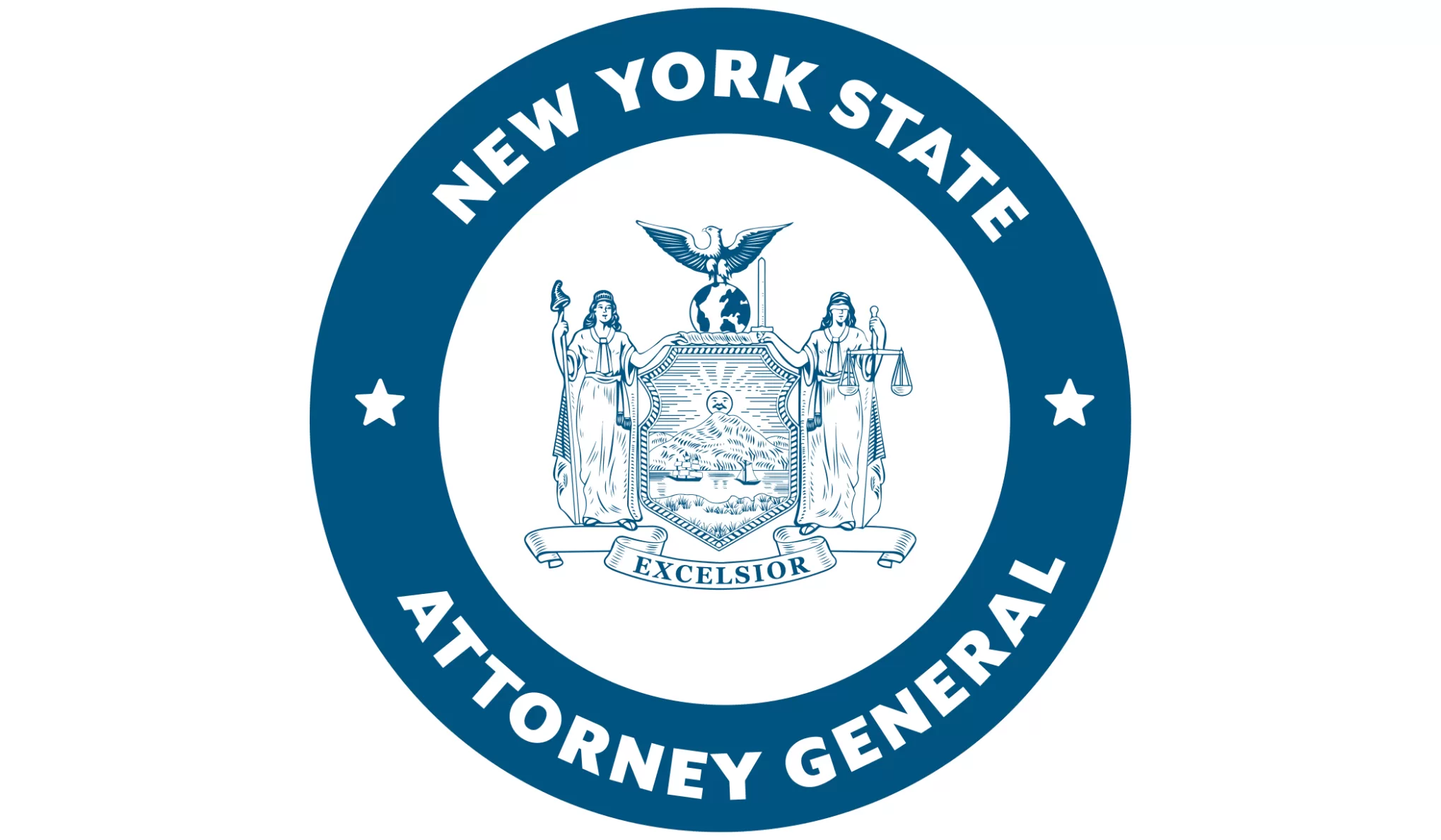Examining the Fallout of Experimental Prosecution:
The Kate Parker Story – Part II
By Traci Eccles
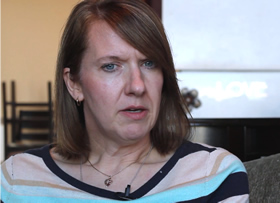
Despite having affirmed innocence against the State’s allegations, Kate Parker agreed to a pre-trial offer that protected her children from future DHS intervention and allowed her to reunite with her family after a 99-week separation. On February 22, 2016, Parker signed a settlement agreement in which she pled “no contest” to four misdemeanor charges and accepted a term of probation, with no requirement for an admission of guilt regarding any of the 43 felony charges originally filed against her. Fifteen of the charges were dismissed in December 2015. Multnomah County DDA Chuck Mickley offered to dismiss another 24 charges as part of the settlement offer. The next day, defense attorney Lisa Ludwig made the following statement to the media:
“There are two possibilities here: One is that a high-school educated, stay-at-home mom tricked literally dozens of medical professionals into doing literally dozens of unnecessary medical procedures — including brain surgery — on three different children. The other possibility is the doctors made errors.” [Quoted from the Oregonian Newspaper; February 23, 2016]
September 2013: CARES NW – A Swift Evolution of Accusations
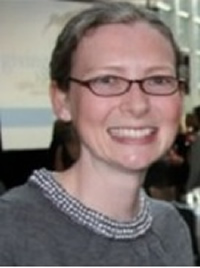
During 22 years of caring for her children, several who had medically-diagnosed special needs requiring treatments and surgeries identical to those that Joshua underwent, there is no record of Kate Parker having been suspected, accused of, or reported for any kind of child abuse, medical or otherwise. Oregon DHS took custody of Joshua Parker on September 10, 2013 based on the subjective opinion of CARES NW Child Abuse Pediatrician Cathleen Lang. Lang, a young doctor with just six weeks experience as a specialist, had never met, spoken to, or treated seven-year-old Joshua prior to the day she had him removed from his family.
In early September, ICU physician, Dr. Andrea Hoogerland contacted Dr. Lang because she was concerned about the Parkers’ belief that their son was terminally ill. Joshua was prescribed Fentanyl that had been ramped up to 450 micrograms per hour over the course of six months. Fentanyl is a synthetic opioid that is 75 times more powerful than morphine. A typical pre-operative adult dose is 50-100 micrograms per hour.
In the span of one week, without meeting or examining the alleged victim, and relying solely on her cursory review of his most recent hospital records, Dr. Lang diagnosed Joshua as a victim of medical abuse. Using a PowerPoint presentation, Dr. Lang then convinced DHS and law enforcement that the alleged abuse had been perpetrated by his mother. Dr. Lang’s theory of abuse was apparently missed by every mandatory reporter with whom Joshua Parker had been in direct contact with during his lifetime. Highly-trained, specialized professionals including doctors, nurses, therapists, case managers, hospital employees, and in-home care workers, who are required by law to report suspicions of child abuse, did not make medical notation of, nor report any such concern leading up to Dr. Lang’s individual and sudden diagnosis that Joshua Parker was a victim of abuse. This absence of recorded concern by medical providers remained undisputed within the prosecution’s case.
Flashback to 2009: The Calm Before the Storm
On November 30, 2009, three-year-old Joshua Parker, who had been under the care of a medical team from the time he was born with a form of Spina Bifida, underwent surgery performed at Legacy Emanuel Hospital by neurosurgeon Dr. Monica Wehby. Joshua’s spinal cord, which was being stretched by scar tissue, was surgically de-tethered. Wehby also placed an LP (lumboperitoneal) shunt in his back. These surgeries dramatically improved Joshua’s quality of life. The medical team believed that Joshua had turned a corner. The Parker family enjoyed a return to normalcy without the frequent hospital visits.
2010: Welcoming Bethany and Hannah to the Parker Family
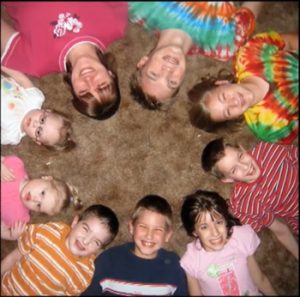
From the time the two oldest Parker children were preschoolers, Charley and Kate had talked about the possibility of adoption. In 2010, after prayer-filled consideration, the Parkers felt the time was right to move forward on that path. Joshua was thriving, and the family was optimistic about the future. Kate learned about and contacted Reece’s Rainbow, an organization that facilitates US adoptions of orphaned Eastern European children. As Charley and Kate worked through the detailed regimen of steps involved in qualifying for a foreign adoption, the Parker children awaited the potential addition of new siblings. After funds were raised and qualifications were met, approvals for the adoption were granted.
On September 11, 2010 Charley and Kate departed for Kiev, Ukraine to meet one-year-old Hannah, and almost three-year-old Bethany. After a six-week-long process overseas, the adoption was completed. On October 15th, Charley and Kate arrived home with their newly adopted daughters. Both girls had been born with Down syndrome. Bethany also had a heart defect that orphanage officials reported had been repaired during two prior surgeries. As is common with special needs Ukrainian children raised in orphanages, both girls were malnourished and severely developmentally delayed.
The family welcomed the girls. They observed slow but steady progress in development and weight gain, with Hannah doing better overall than Bethany. Hannah quickly learned how to drink from a bottle. Both girls learned how to roll over, sit up, crawl, and then pull to a stand. Although Hannah is 21 months younger, she quickly caught up to Bethany in size.
Two days after arrival in the United States, Bethany visited a pediatrician for the first time. Blood work revealed that she had latent tuberculosis and would need nine months of daily medication to treat the condition. A visit to the cardiologist a few weeks later brought news that Bethany’s heart defect required additional surgery. Though shocked by an unexpected steady stream of diagnoses, the family took Bethany’s additional medical challenges in stride.
2011: Unexpected Setbacks
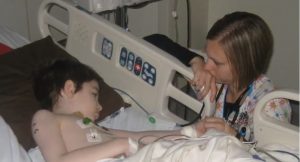
Leading into the new year, Joshua Parker began to exhibit new and concerning symptoms. In December 2010, Joshua’s Physical Therapist witnessed a concerning breathing episode and reported it to his pediatrician. Joshua was flown to Legacy Emanuel Hospital from Medford.
While Kate remained in Portland with Joshua, Bethany became ill with what the pediatrician thought was a virus. When her symptoms worsened, Bethany was taken by Charley back to the doctor, who ordered lab tests that revealed she was suffering from a serious illness. Bethany was flown to the same Portland hospital where Joshua was also admitted.
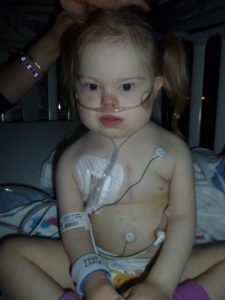
Following additional tests, Bethany was diagnosed with systemic Juvenile Idiopathic Arthritis (sJIA), an auto inflammatory disease for which there is no cure. According to the Mayo Clinic, “juvenile idiopathic arthritis can cause serious complications, such as growth problems, joint damage and eye inflammation. Treatment focuses on controlling pain and inflammation, improving function, and preventing joint damage.” The systemic form of JIA can also damage the lungs and heart.
Throughout 2011, Joshua’s medical condition and resulting pain had rapidly worsened. By July, he was placed on hospice care by his pediatrician, Dr. Barbara Sibley. According to AMA guidelines, hospice eligibility requires two physicians to certify a terminal illness with a life expectancy of six months or less. In Joshua’s case, his pediatrician and the director of the agency authorized hospice care.
In the summer of 2011, Charley Parker took a month off from work to spend time with Joshua in what the family believed would be the final stage of his short life. This opportunity was afforded through generous donations by those who knew the Parkers, as well as those who had followed Joshua’s story online via Kate’s CaringBridge.org journal.
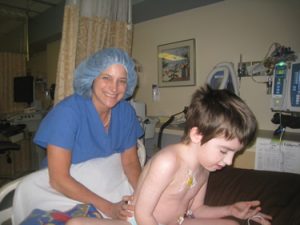
The combined medical needs of Joshua and Bethany had consumed Kate’s emotional strength throughout 2011. Added to the challenges was a noticeable regression in Hannah’s development. After she turned two in August, Hannah had stopped swallowing her saliva. She eventually refused to eat or drink, and began to exhibit maladaptive behaviors. Following a visit to the doctor, Hannah was hospitalized for diagnostic tests. A placement for a nasogastric tube was ordered because hospital specialists could not get her to eat normally. Ultimately, Hannah’s pediatrician ordered the placement of a feeding tube directly into her stomach.
On November 3, 2011, Hannah had gastrostomy surgery in Medford, Oregon on the same day Joshua was scheduled for brain surgery in Portland to place a shunt in his head as a palliative measure for pain control.
2012: Difficult Decisions
2012 brought challenges to the Parkers that most families could not have endured and remained intact. In the spring of 2012, both Hannah and Bethany were medically diagnosed with Autism. At that point, the Parkers became overwhelmed. With Joshua’s medical needs escalating, and pending heart surgery for Bethany, they decided to accept an offer of respite care for Hannah. Under the circumstances, the Parkers recognized they were not able to meet Hannah’s needs and give her the life they wanted her to have.
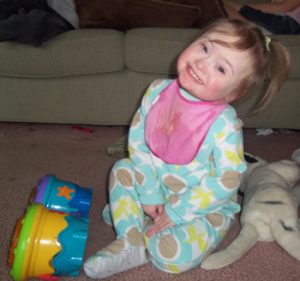
After a month without Hannah in the Parker home, things became more manageable even though Bethany and Joshua’s medical issues had not improved. Charley and Kate contacted Hannah’s respite care family in Alabama to ask for help with more permanent placement. The couple, who had fallen in love with Hannah, offered to welcome her into their family through a formal adoption.
Charley and Kate felt blessed that the transition was smooth, and they were confident that Hannah was with a great family. Since the Alabama couple had previously re-adopted two other children out of respite situations, both families were able to work through the process easily. Hannah’s new parents and their attorney led the way, and the Parkers signed papers to relinquish their parental rights to Hannah in early 2013. Over a year later, Kate would be maliciously charged for abuse through abandonment of Hannah relating to this difficult and carefully-considered decision.
Criminal Investigation Conducted on Social Media
Having shared the day-to-day medical challenges of her children for years, Kate had a consistent following of several hundred readers for her CaringBridge updates. Support and prayers offered to the Parkers, particularly during times of serious illnesses with the two children, remained positive and encouraging on Joshua’s page. However, Bethany’s page was the target of a small group of commenters who accused Kate of loving Joshua more than Bethany, and of placing her son’s needs over those of her adopted daughter. Because of the persistent negativity, Kate made Bethany’s CaringBridge page private in the middle of 2013.
In early September 2013, amid the shock of Dr. Lang’s accusation of Medical Child Abuse, Kate was advised by her dependency attorney to change Joshua’s CaringBridge page to private and to stop posting updates both there and on Facebook.
By early October 2013, many readers of the CaringBridge webpage were reaching out online, seeking news about the Parker family. While expressing confusion about the sudden discontinuation of CaringBridge updates, the early participants on a Topix.com forum offered continued support and genuine well-wishes. Within weeks, however, the tone of the Topix forum changed with announcements and speculation surrounding a variety of unconfirmed rumors. By the end of October 2013, the conversation thread had become a vicious frenzy of libelous accusations, not just against Kate, but also implicating her husband and older children in dubious acts of fictitious abuse. A few commenters even suggested that Hannah was not re-adopted as had been reported, but instead, was murdered and buried in the Parker’s backyard.
In January 2014, it was confirmed through public comments made by Kate Parker’s former supportive CaringBridge followers-turned-angry-Topix commenters, hiding behind screen names such as “Krazy Kate of 8,” “KP mom of 0,” “Truth be told,” and “I thought I was her friend,” that it was time to create a blog dedicated to exposing Kate Parker’s supposed guilty acts. The blog titled, “KP mom of 7, 8, 9” made its debut on January 27th. One day later, in the blog’s comments section, the following statement was left by one of the two Portland Police Bureau investigators assigned to the case:
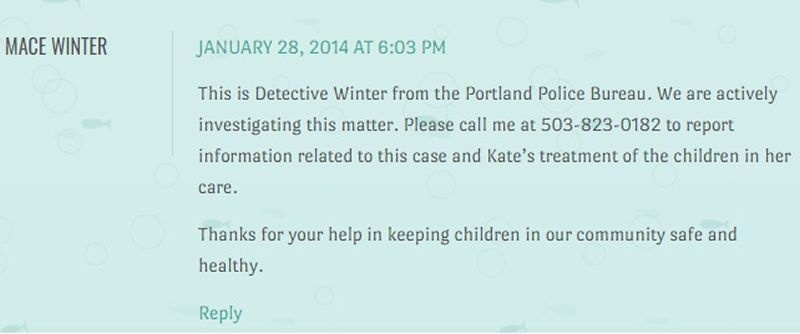
A new post by the blog’s anonymous author appeared on January 30 titled “DETECTIVE ON THE CASE.” The entry relayed details of direct communication with Detective Winter, and offered an email address for online acquaintances and angry followers to send information regarding their collective opinions of Kate Parker’s guilt. The blog administrator provided “for example” statements of what the online observers should report to the detectives to be most helpful in proving that Kate abused her medically fragile children.
It is important to note that few of these “witnesses” knew the Parkers outside of what they had read online, yet Portland Police Bureau detectives actively recruited blog followers’ testimony to build their case. The KP blog continued to offer selective information and commentary claiming to prove Kate’s guilt, as well as updates from the investigation, upcoming hearings, and trial dates.
Meanwhile, on the Topix forum, growing tales developed and escalated as each new comment was added. Frequently, speculation was offered by commenters, after which open referrals were given to contact PPB detectives, Mace Winters and Erica Hurley. Following contact with detectives, commenters typically reported back to the group with new investigation updates alleged to have been shared by detectives on the case. The commentary included details that would not be ethical or appropriate for investigators to share with alleged witnesses or the public. The Topix forum was alive with chatter about Grand Jury testimony and Kate Parker’s pending arrest days before the information went public on April 1, 2014.
A Case for Physician Error: What the Parkers, the Prosecutor & the Bloggers Didn’t Know

In July 2012, Kate Parker took Joshua to see Dr. Wehby at the direction of palliative care doctor Tula Top, who had started Joshua’s pain management regimen in November 2011, to see if there was anything more Dr. Wehby could do toward the improvement of Joshua’s steadily declining condition. Dr. Top had been advising Dr. Sibley, the family pediatrician, regarding dosage increases so that Dr. Sibley would know what to prescribe. After a series of brain and spine MRIs, Dr. Wehby determined that there was no surgery she could do that would improve Joshua’s current situation.
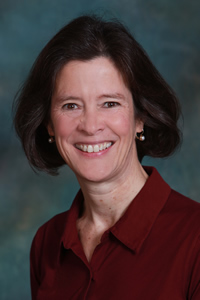
In a letter written to Dr. Sibley following that visit, Dr. Wehby stated that she had seen Joshua and it was her opinion that many of Joshua’s symptoms were being caused by Dr. Sibley’s overmedication with opioids, rather than condition progression. Dr. Sibley’s only known response to this letter was a notation to herself in the margin of the letter to contact a medical malpractice attorney.
The evidence in record shows that Dr. Wehby warned Joshua’s pediatrician of a potential iceberg ahead. Charley and Kate Parker were unaware of the letter sent by Dr. Wehby to Dr. Sibley or the warning it contained until the letter surfaced during preparation for Kate’s trial. For more than a year past the date of the July 2012 letter, increases in opioid medications, including Oxycodone, Methadone, intravenous Fentanyl and Fentanyl patches, continued to be recommended by palliative care doctors responsible for Joshua’s care, and were prescribed by Dr. Sibley.
Whether Dr. Sibley informed the palliative care doctors of Dr. Wehby’s concern is unknown at this time. It was the extremely high opioid dosages in September of 2013 that triggered the involvement of Dr. Cathleen Lang and led to the malicious prosecution of Kate Parker. Not surprisingly, and as Dr. Wehby had predicted, it was the reduction of opioids that led to Joshua Parker’s remarkable improvement.
In the Next Edition: To Thrive or Not to Thrive? A “Smoke & Mirrors” Question
Throughout history, professional magicians have performed illusions around the mystical declaration, “Now you see it… now you don’t!” The non-critical observers, some of whom want to believe in magic, accept appearances at face value. The critical viewer knows that his eyes can be fooled, his beliefs can be manipulated, and the very nature of illusion is that things are not as they appear.
In the next edition of “Examining the Fallout of Experimental Prosecution,” find out how the Multnomah County DA’s Office and CARES NW pediatricians used an “abracadabra” moment to manipulate an illusion that alleged victims of Medical Child Abuse were suddenly “thriving” once removed from the accused parent.
Author’s Note: Information published in the US~Observer articles about Kate Parker’s case has been gathered from extensive interviews, public records disclosure, court documents, published news stories, social media posts and other documentation in the hands of outside parties and witnesses to the events that unfolded. Repeatedly, unsupported allegations of Medical Child Abuse have been leveled against families in Multnomah County since 2013. Reputable sources have revealed a pattern of misguided investigations and the prosecution of similar cases.
Within ten months of the resolution of the Parker case, an eerily-similar dependency case was initiated by the CARES NW team and DDA Charles Mickley. In October of 2016, Trisha DeLaurent was accused of medically abusing her teenage son, who had been diagnosed and treated over the course of six years by a Harvard-trained physician practicing at Swedish Children’s Hospital in Seattle.

The dependency trial in the DeLaurent case has been drug out for 17 months, during which time Trisha’s four children have been in foster care based on verifiably-false allegations and the subjective opinion of a CARES NW child abuse pediatrician. Trisha DeLaurent has continued to advocate for the best interests and rights of her children throughout this ordeal. As her chance to present her case finally approached, Trisha expressed both exhaustion and strength, stating, “The case discovery is very upsetting and draining. Reading endless pages of outright lies, intentional twists of reality, and assumption kills a small part of me each time I read them. I remind myself that the only way past this is through it.”
The DeLaurent trial is scheduled to conclude in early March 2018, at which time Trisha DeLaurent hopes the truth will finally bring her children home and her family’s nightmare to an end. More information about the DeLaurent ordeal can be found at voicesnetwork.org. The parallels between the DeLaurent and Parker cases provide an eye-opening reminder that the Multnomah County District Attorney’s Office, in conjunction with CARES NW and DHS, is engaging in a pattern of over identification of Medical Child Abuse and malicious prosecution of mothers raising special needs children.
Don’t forget to read Part I in this articles series.

